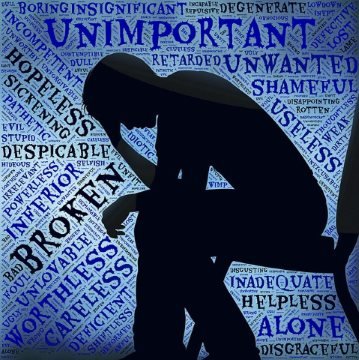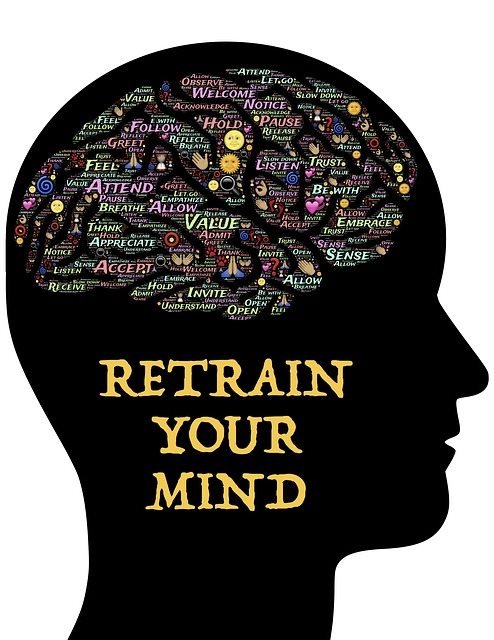Anxiety and Depression have become increasingly prevalent in today's society. More and more people are being diagnosed with one or both each day. They can be very detrimental to the affected person as well as those around them.
There are ways to deal with depression and anxiety in the family. You might experience depression because of a trauma, loss, divorce, or other factors that will ultimately work themselves out with time. How do you know when depression is short term, or long term? And how may you get help?
Dealing with depression in everyday life can be learned. Depression can be so severe it causes suicidal thoughts, complete hopelessness, and can need to be treated with behavioral therapies and medication. When negative circumstances don't go away, that's when unhappiness could make the transition from situational depression to long term mental wellness issues. Long lasting nervousness may cause depression and long lasting depression may cause anxiety. To differentiate, nervousness keeps you feeling on edge. Anxiety is constant emotions of unease, worry, stress, angst, fear, and may even escalate to panic attacks.

Anxiety can present itself from as little as "freezing" or an inability to act all the way to panic disorder, suppressed immune function as well as exacerbate chronic illnesses. Anxiety treatment may help you learn new ways to deal with unknown and known elements in your life.
Living a life with chronic depression and nervousness day after day is like not living at all. It is the opposite of living.

However there is still hope. To start coping with these things starts with acceptance. Only once you accept that you suffer from anxiety and/or depression can you then work on remedying it.
Pushing through the feelings of "I can't" or "It's too Hard" is one of the next stages, where you essentially tell yourself "I won't let this control me".
To accomplish this, don't feel ashamed if you choose medication (anti-depressants) to help take the edge off, so that you can start putting things in place to better your life.
What also helps is breaking the routine that is associated with the feelings of helplessness or anxiety. For example, if your suffering from depression, staying at home with no action will exacerbate those feelings instead of make them better. Getting out of the house, going for walks, socialising with family are all good ways to begin ridding yourself over these feelings.
Very interesting article, I enjoyed it!